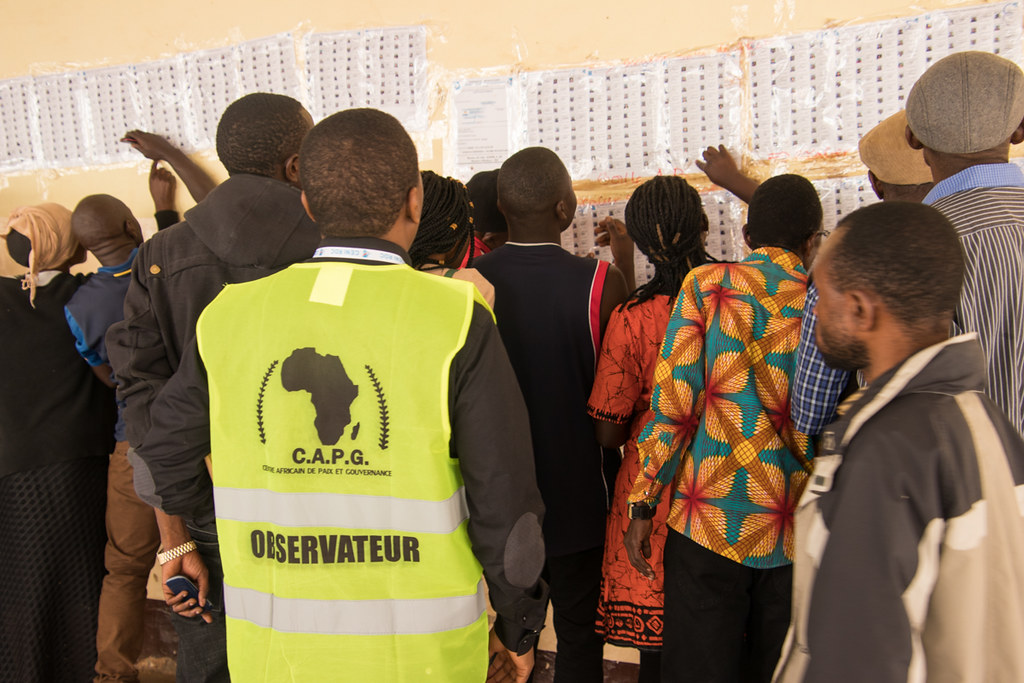What Canada Can Do to Avert More Violence in the Congo


 In 1994 Roméo Dellaire tirelessly rang the clarion bell in a futile warning of the coming genocide that took almost one million Rwandan lives. The cost of our inaction then is still being tallied as that war in Rwanda spilled over into the DR Congo. More than 5 million people died as result of the 1998-2003 Congolese War, while the world’s attention was diverted. About 2.5 million Congolese are now internally displaced or refugees in neighbouring countries because of the violence. Surely we can’t continue to blind ourselves to the horrors threatening millions of defenceless people.
In 1994 Roméo Dellaire tirelessly rang the clarion bell in a futile warning of the coming genocide that took almost one million Rwandan lives. The cost of our inaction then is still being tallied as that war in Rwanda spilled over into the DR Congo. More than 5 million people died as result of the 1998-2003 Congolese War, while the world’s attention was diverted. About 2.5 million Congolese are now internally displaced or refugees in neighbouring countries because of the violence. Surely we can’t continue to blind ourselves to the horrors threatening millions of defenceless people.